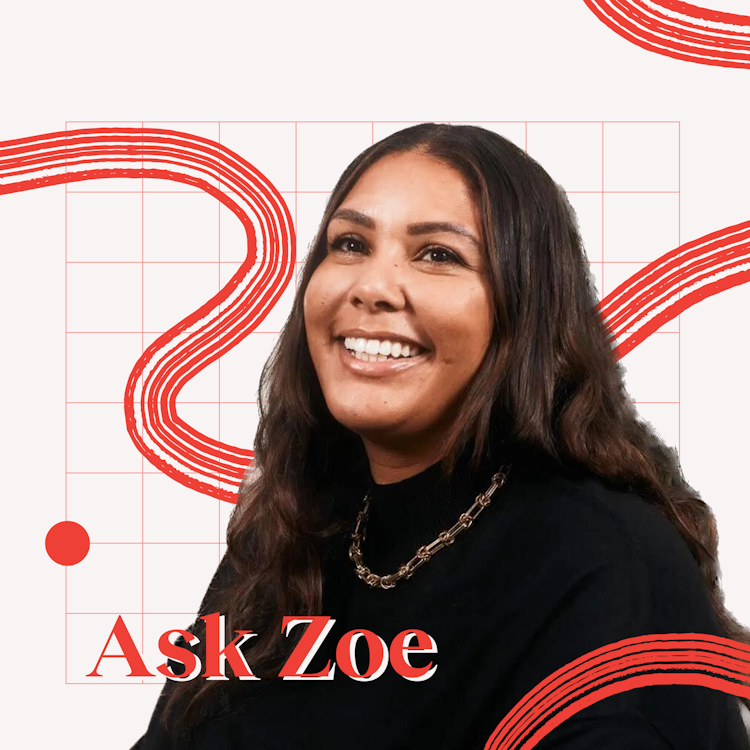“I have almost 10 years of experience in startups as a function leader and have recently contemplated going fractional. What should I think about before moving into a portfolio career, and how do I get started?”
There is no denying that the future of work looks a lot more flexible and entrepreneurial. Talent independence is on the rise across every experience level and generation. For startup founders, constraints on hiring persist as a result of the tough funding landscape and tightening of belts.
As such, the supply and demand for fractional talent engagements — particularly for executives — is a trend I see set to continue over the next year. These setups can be a win-win for cost-conscious founders who still want to level up the company with a subject matter expert and seasoned operator looking to diversify their work.
What is a portfolio career?
‘Going portfolio’ means taking on a variety of project-based or time-bound work engagements with multiple clients, as opposed to dedicating all of your time to just one company.
Interim and fractional are sometimes used interchangeably, but an interim engagement is typically designed to cover an entire transition period or gap in leadership and can take up full-time capacity. Both are temporary as most scaling companies will look to build a full-time, permanent leadership team as they mature.
Engagements are often rooted in helping companies reach a certain milestone or navigate a critical moment. While the nature of the work is usually focused on ‘doing’, coaching and mentoring more junior team leads can be part of the value a founder seeks in bringing on a fractional executive.
The downside of fractional
Going fractional is not for everyone — it comes with some downside risks. Several leaders who have tried it told me they struggled with the feeling of not having enough skin in the game. The nature of a part-time engagement may not bring the same sense of being ‘all in’, or the deep integration that you have been used to in the past.
The compensation often reflects this too — you’re far more likely to be paid in day rates or retainers than in equity, which can create a misalignment of incentives. This is also why some investors may initially show scepticism when a founder says they want to bring on a part-time executive.
There is a long list of reasons why building a portfolio career could be the best decision for you.
The market demand for skills and expertise is also subject to fluctuation and, with more people taking this path, competition is increasing. It requires a level of comfort around income volatility as it becomes linked to the number of projects you have on at one time.
Job security may be no less guaranteed working for a single employer, but you will be more consistently confronted with the need to build a pipeline of paid work.
There are other considerations like career progression (what does growth look like?) and the administration burden (benefits and taxes are all on you).
Why it could be the best career choice you make
On the upside, however, there is a long list of reasons why building a portfolio career could be the best decision for you.
Variety of work is often cited as a huge attraction of fractional setups. By not committing all of your resources (the most precious being your time) to a single employer you can still enjoy being operational in building companies while diversifying your exposure to sector, stage and product.
Being the autonomous curator of your work means you can be selective with what and who you partner with. Expanding your network and range means that personal growth can develop in a different but perhaps more fulfilling way. You can also explore other interests and income streams alongside working with companies - for example, advisory, boards, writing, coaching or investing.
There’s a nice ‘try-before-you-buy’ option that a fractional engagement offers. This is great for the undecided. I know many founders who have been able to make incredible additions to their permanent leadership team by starting this way.
If you are not opposed to going back to a full-time operating role one day, working for a few days a week over months can extend your diligence window on a company and team (and likewise their diligence window on you). If it goes well and there’s a strong fit, you can convert the engagement to a permanent role.
Lastly, flexibility continues to top the desirability chart for a large number of people in the post-Covid era. Portfolio careers allow you to be the author of your schedule without some trade-offs on your time that you might have had to make in the past. This independence can be hugely fulfilling.
How to get started
Know the essential skills to master.
A company might hire you for your functional expertise primarily, but it’s important to know that fractional engagements often require flexing different skills than the ones that made you successful as a full-time operator. For instance, being able to quickly extract the right information and make strong decisions without full context is essential when your time to get into the weeds is limited. Maintaining a high level of focus is critical — as is time and expectation management — because you cannot lean into every job to be done. You also need to be able to build trust with people and teams at a much faster rate.
Market yourself.
What are you known for doing extremely well? What specialism will you go-to-market with, beyond general leadership support? You can stand out by pinpointing the one or two specific spikes in your expertise (for example, branding and payments) and the stage of company building that you’re best suited to. Update your network and contacts about your change. Connect with investors who may be able to share your details with their portfolio companies. You may also want to join a network for fractional operators, many of which are run by executive search firms that can help find you engagements.
Test the waters.
Going fractional doesn’t have to be a sudden transition. If you’re in a permanent role now and are ‘portfolio-curious’, start having some informal interactions with startups and scaleups to explore how you might be able to help. What starts as a light advisory relationship may turn into something more involved, and you can assess whether you like that style of engagement enough to make the leap.
Get on top of the boring but important stuff.
If you do commit to the transition from full-time to part-time employment with a client portfolio make sure you have the right organisational set-up. Do your homework on the right kind of entity to operate from and invest in good invoicing software from day one — it will make the tax admin easier later down the line.
Careers undoubtedly look more like a portfolio than a path in the future. If fractional aligns with your risk tolerance and personal goals there is little downside in trying it out. You’ll soon know if it is right for you.
Zoe will be answering questions from Sifted readers each month. Have something you want to ask? Reach out at askzoe@sifted.eu.



